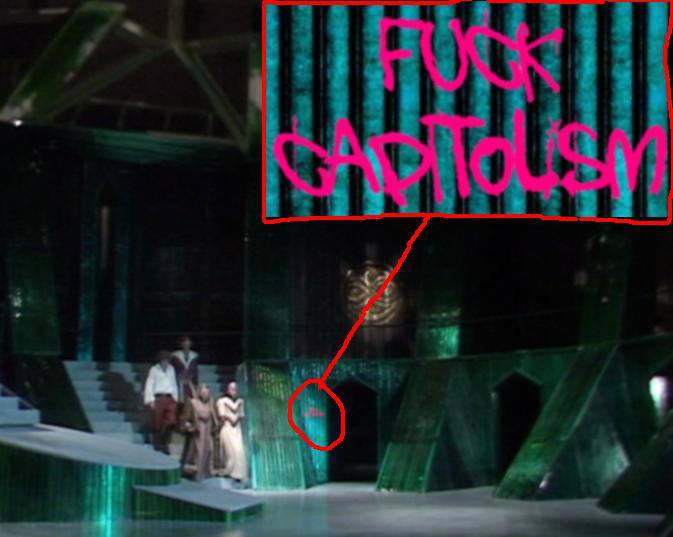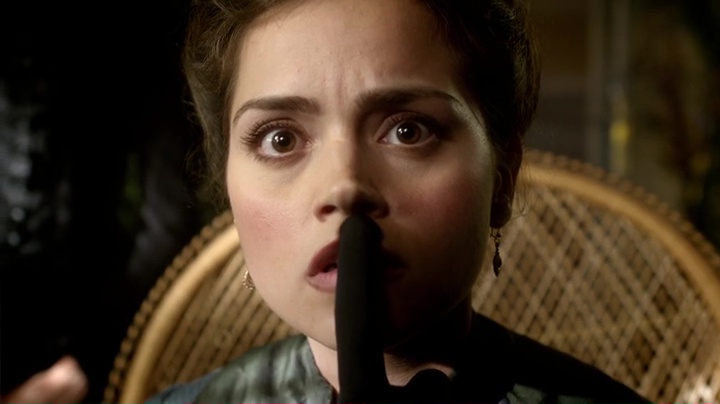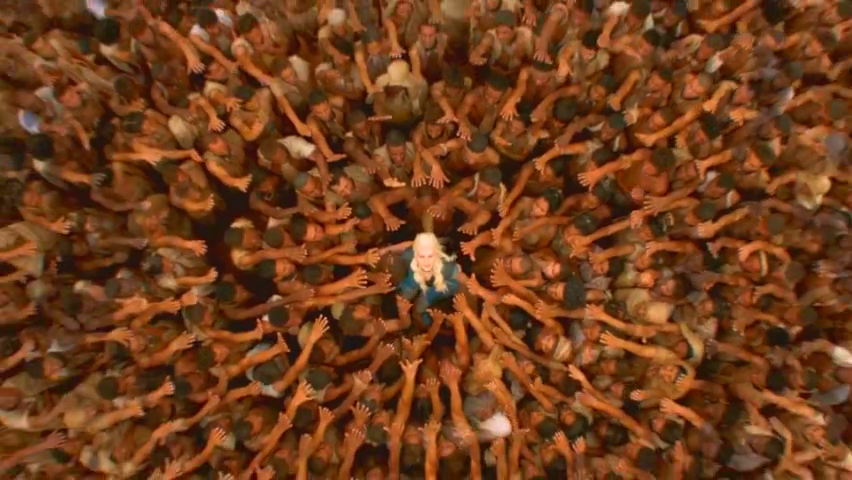“Wuthering Heights”: Sub Rosa
“Sub Rosa” is a fucking triumph, and I’m not at all ashamed to say so.
One of the most reviled entries in all of Star Trek: The Next Generation and a frequent sight on various “Worst Star Trek Episodes Of All Time” lists, like most stories in its class the reaction to “Sub Rosa” says more about the fandom at large than it does about its own textual quality. As is usually the case with these types of episodes, I enjoy “Sub Rosa” considerably more than the kinds of people who typically critique and review Star Trek episodes, but this time I have a bit more of a chip on my shoulder than I normally do for this sort of thing because the split in fandom is *so* blatant and explicitly defined the contrast couldn’t be drawn any clearer. If you’re looking for a microcosm of the schism in genre fiction circles that led to the rise of master narratives, you actually can’t find a better example than “Sub Rosa”.
Men hate it. Women love it. That’s what it comes down to, plain and simple, and that’s what it has always come down to. That has always been the line drawn in the sand. It’s as true for “Sub Rosa” itself as it is for every other controversy or debate we’ve talked about in Star Trek: The Next Generation, Star Trek: Deep Space Nine and the entire history of genre fiction writ large. Where you stand on issues like this has always been and will always be determined by where you stand on the patriarchy/feminism binary.
Displaying a seasoned wisdom and savvy that only comes after making a career of spending years of their life immersed in the genre fiction mire, this is something that, for the very first time, the creative team has actually come out and admitted. They saw it back when this episode was made and commented on it then. And it even manifested in the actual production: The majority of the male creative figures were at best cautious about doing this story and at worst outright opposed to doing it sight unseen, while the entire female staff was very enthusiastic about it and showered Brannon Braga with constant praise and affection for his work on the teleplay. It is literally physically impossible for the network gap (which exists everywhere in society and has existed as long as agriculture and the division of labour have existed, but which is significantly magnified and exaggerated in genre fiction circles) to be defined any clearer.
Braga himself puts it succinctly when he says “I’ve come to notice that whenever you infuse a show with sexual themes, some of these fans seem to short-circuit”. I think that sort of speaks volumes.
Of course, just because some women of a certain social class, occupation and predilection liked “Sub Rosa” does not mean “Sub Rosa” was enjoyed by all women across all circles of society did, or that it’s by definition good for feminism (although I would posit the fact the show was inundated with letters from grateful women who saw the episode, loved and, and thanked the creative team for finally writing to their interests likely says something).…


 I am often asked about Shabogans. People want to know whether this or that person they’ve seen could be a Shabogan, or whether this or that group they’ve seen could be Shabogans. I generally reply that if you’ve seen them, they’re not Shabogans. As with elves (at least of the household chore performing variety) the quintessential trait of the Shabogan is that one does not see them. Castellans will sometimes speak of arresting, detaining, charging, and imprisoning Shabogans… but this is simply how Castellans talk. They certainly spend a great deal of their time doing all these things to other gradations of the plebeian masses on Gallifrey, but Shabogans are never caught. At least as far as we know.
I am often asked about Shabogans. People want to know whether this or that person they’ve seen could be a Shabogan, or whether this or that group they’ve seen could be Shabogans. I generally reply that if you’ve seen them, they’re not Shabogans. As with elves (at least of the household chore performing variety) the quintessential trait of the Shabogan is that one does not see them. Castellans will sometimes speak of arresting, detaining, charging, and imprisoning Shabogans… but this is simply how Castellans talk. They certainly spend a great deal of their time doing all these things to other gradations of the plebeian masses on Gallifrey, but Shabogans are never caught. At least as far as we know.  Not sure how we failed to post this yesterday morning. Sorry. -Phil
Not sure how we failed to post this yesterday morning. Sorry. -Phil


_p01_(comichost-dcp).jpg) Moore’s disorientation and confusion in the wake of Watchmen is wholly understandable. Even reading Watchmen is, at times, enough to generate a sense of dazed exhaustion. And this is very much the point – an effect consciously generated by Moore’s use of the dense uniformity of the nine-panel grid. As Kieron Gillen puts it in Kieron Gillen Talks Watchmen, “if we’re talking about the many icons of Watchmen, [the nine-panel grid] is the invisible one. It underlies everything. We’re to watch these little boxes – hundreds of them – and make sense by combining them all into a larger piece of meaning. Watch,” he says, and snaps his fingers to cue his projectionist to advance his PowerPoint to a shot of Ozymandias watching his wall of television screens. Gillen talks about the comic as a “clockwork machine” in which “everything is predetermined. The forces that are put into motion mean this… the clock will carry on ticking, and if you read Watchmen enough you’ll know what the next tick is.” Gillen, here, is talking about the comic’s famously ambiguous ending, making a strong case that in fact there is only one possible “next step” for the book to take, and that the inevitable momentum of that step hangs impermeably over the entire work, which is in turn what Morrison speaks of when he talks about how the god of Watchmen is always shoving his cock in the reader’s face.
Moore’s disorientation and confusion in the wake of Watchmen is wholly understandable. Even reading Watchmen is, at times, enough to generate a sense of dazed exhaustion. And this is very much the point – an effect consciously generated by Moore’s use of the dense uniformity of the nine-panel grid. As Kieron Gillen puts it in Kieron Gillen Talks Watchmen, “if we’re talking about the many icons of Watchmen, [the nine-panel grid] is the invisible one. It underlies everything. We’re to watch these little boxes – hundreds of them – and make sense by combining them all into a larger piece of meaning. Watch,” he says, and snaps his fingers to cue his projectionist to advance his PowerPoint to a shot of Ozymandias watching his wall of television screens. Gillen talks about the comic as a “clockwork machine” in which “everything is predetermined. The forces that are put into motion mean this… the clock will carry on ticking, and if you read Watchmen enough you’ll know what the next tick is.” Gillen, here, is talking about the comic’s famously ambiguous ending, making a strong case that in fact there is only one possible “next step” for the book to take, and that the inevitable momentum of that step hangs impermeably over the entire work, which is in turn what Morrison speaks of when he talks about how the god of Watchmen is always shoving his cock in the reader’s face._p00_(comichost-dcp).jpg)
